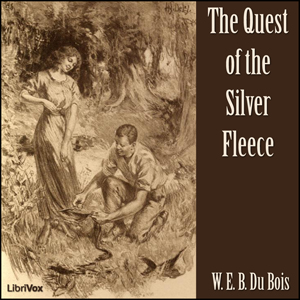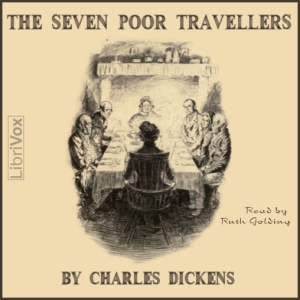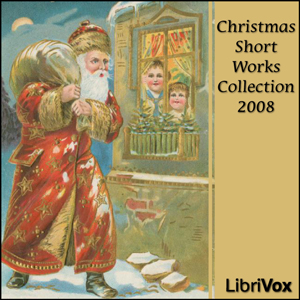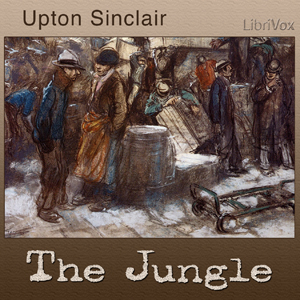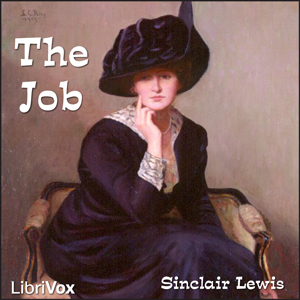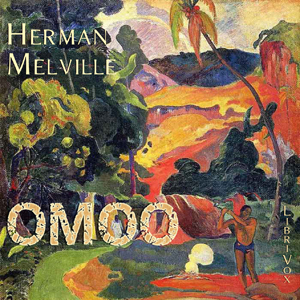- Preface
- Chapter 1, Part 1
- Chapter 1, Part 2
- Chapter 2, Part 1
- Chapter 2, Part 2
- Chapter 3, Part 1
- Chapter 3, Part 2
- Chapter 4
- Chapter 5
- Chapter 6, Part 1
- Chapter 6, Part 2
- Chapter 7
- Chapter 8
- Chapter 9
- Chapter 10
- Chapter 11
- Chapter 12
- Chapter 13
- Chapter 14
- Chapter 15, Part 1
- Chapter 15, Part 2
- Chapter 16
- Chapter 17
- Chapter 18
- Chapter 19
- Chapter 20
- Chapter 21
- Chapter 22
- Chapter 23
- Chapter 24
- Chapter 25, Part 1
- Chapter 25, Part 2
- Chapter 25, Part 3
- Chapter 26
- Chapter 27
- Chapter 28
- Chapter 29
- Chapter 30
- Chapter 31
- Chapter 32
- Chapter 33
- Chapter 34
- Chapter 35
- Chapter 36
- Chapter 37
- Chapter 38
- Chapter 39
- Chapter 40
- Chapter 41
- Chapter 42
- Chapter 43, Part 1
- Chapter 43, Part 2
- Chapter 43, Part 3
- Chapter 44, Part 1
- Chapter 44, Part 2
- Chapter 45, Part 1
- Chapter 45, Part 2
- Chapter 45, Part 3
- Chapter 45, Part 4
- Chapter 46
- Chapter 47
- Chapter 48
- Chapter 49
- Chapter 50
- Chapter 51
- Chapter 52
- Chapter 53
- Chapter 54
- Appendix
Clearly frustrated at the refusal of his contemporaries to recognise the iniquity of society, Tressell's cast of hypocritical Christians, exploitative capitalists and corrupt councillors provide a backdrop for his main target — the workers who think that a better life is "not for the likes of them". Hence the title of the book; Tressell paints the workers as "philanthropists" who throw themselves into back-breaking work for poverty wages in order to generate profit for their masters.
The hero of the book, Frank Owen, is a socialist who believes that the capitalist system is the real source of the poverty he sees all around him. In vain he tries to convince his fellow workers of his world view, but finds that their education has trained them to distrust their own thoughts and to rely on those of their "betters". Much of the book consists of conversations between Owen and the others, or more often of lectures by Owen in the face of their jeering; this was presumably based on Tressell's own experiences.(Summary by Tadhg)
The hero of the book, Frank Owen, is a socialist who believes that the capitalist system is the real source of the poverty he sees all around him. In vain he tries to convince his fellow workers of his world view, but finds that their education has trained them to distrust their own thoughts and to rely on those of their "betters". Much of the book consists of conversations between Owen and the others, or more often of lectures by Owen in the face of their jeering; this was presumably based on Tressell's own experiences.(Summary by Tadhg)
There are no reviews for this eBook.
There are no comments for this eBook.
You must log in to post a comment.
Log in



